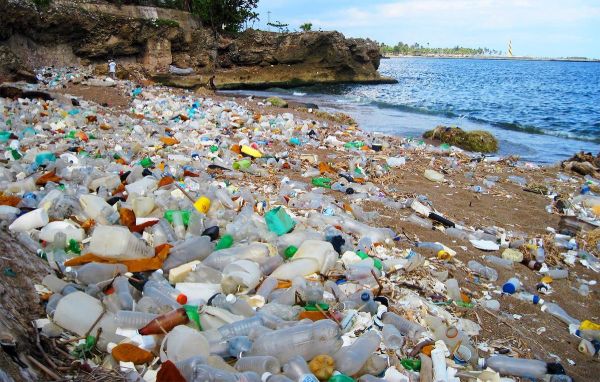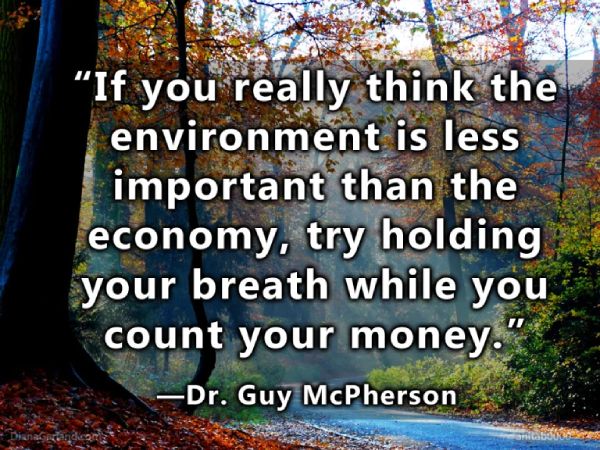According to a new report from fossil fuel accountability organization the Center for Climate Integrity (CCI), the plastics industry has known for decades that the widespread recycling of its products was not feasible, but continued to promote it and mislead the public.
Many of the fossil fuel companies that were aware and deceived the public about oil and gas being responsible for climate change have also known that plastics products — which are produced from oil and gas — will never end up being recycled at scale, a press release from CCI said.
“The companies lied,” said Richard Wiles, president of CCI, as The Guardian reported. “It’s time to hold them accountable for the damage they’ve caused.”
The report, The Fraud of Plastic Recycling: How Big Oil and the plastics industry deceived the public for decades and caused the plastic waste crisis, reveals that the plastics industry was aware of the challenges of recycling its products, but hid that knowledge in marketing campaigns.
“Recycling cannot go on indefinitely, and does not solve the solid waste problem,” Roy Gottesman, founding director of the Vinyl Institute, said at a 1989 industry conference, according to the report.
Not only is plastic difficult to recycle due to the many distinct types that are unable to be recycled together, but plastic also degrades when it is reused.
Recycling plastic “merely prolongs the time until an item is disposed of,” a 1986 report by VI said.
“They knew if they focused on single-use [plastics] people would buy and buy and buy,” said Davis Allen, lead author of the report and a CCI investigative researcher, as reported by The Guardian.
The evidence presented in the report could provide the legal foundation to hold oil majors and other petrochemical companies accountable for their deception and the damage plastic products have caused the public and the environment.
“Fossil fuel and other petrochemical companies have used the false promise of plastic recycling to exponentially increase virgin plastic production over the last six decades, creating and perpetuating the global plastic waste crisis and imposing significant costs on communities that are left to pay for the consequences,” the report said.
Even with this knowledge, however, petrochemical and fossil fuel companies, their front groups and trade associations “have fraudulently marketed plastic recycling as a solution for decades,” to safeguard their revenue and avoid regulation, the press release stated.
An Exxon employee summed up the deception in 1994 at the American Plastics Council, telling staffers that, when it came to plastic recycling, “we are committed to the activities, but not committed to the results.”
Attorney General of California Rob Bonta is in the process of conducting a public investigation of petrochemical and fossil fuel companies “for their role in causing and exacerbating the global plastics pollution crisis.” As part of its investigation, Bonta’s office has already subpoenaed ExxonMobil — the biggest producer of single-use plastic polymers on the planet.
“Plastic pollution is one of the most serious environmental crises facing the world today. Between 1950 and 2015, over 90% of plastics were landfilled, incinerated, or leaked into the environment,” the report said. “Plastic waste is ubiquitous — from our rivers, lakes, and oceans to roadways and coastlines. It is in ‘the air we breathe, the food we eat, and the water we drink.’ One study estimates that humans ingest up to five grams or the equivalent of one credit card worth of plastic per week.”
Big oil and other “bad actors” are being held accountable in lawsuits brought by states and communities all over the United States for climate deception, and now the time has come for officials to follow suit and do the same for “the fraud of plastic recycling,” CCI said.
“Big Oil and the plastic industry’s decades-long campaign to deceive the public about plastic recycling has likely violated laws designed to protect consumers and the public from corporate misconduct and pollution,” said Alyssa Johl, CCI’s legal and general counsel vice president, in the press release. “Attorneys general and other officials should carefully consider the evidence that these companies defrauded the public and take appropriate action to hold them accountable.”
Author
Cristen Hemingway Jaynes is a writer of fiction and nonfiction. She holds a JD and an Ocean & Coastal Law Certificate from University of Oregon School of Law and an MA in Creative Writing from Birkbeck, University of London. She is the author of the short story collection The Smallest of Entryways, as well as the travel biography, Ernest’s Way: An International Journey Through Hemingway’s Life.







